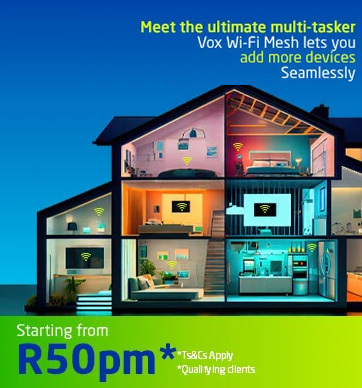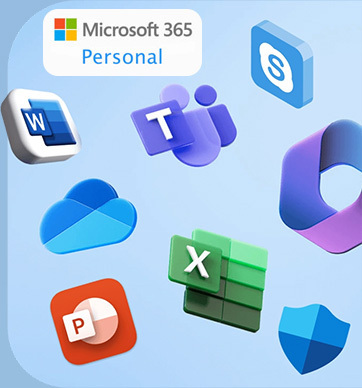South Africans are exposed to crime every day, and while there has been a decline in the last 12 months, the statistics of reported crimes is still staggering. Between 2014 and 2015 a total of 558 228 property related crimes were reported, according to the annual crime statistics released by the South African Police Service in September 2015. Of those, 253,716 cases of residential burglary were reported, an average of 695 each day.
Residential estates are becoming increasingly popular, as people move to these secure complexes in an effort to escape crime. In the property industry, security has become a primary drawcard for homeowners and tenants. The onus is therefore on the estate manager to ensure that first and foremost the estate security systems are up to date, functioning properly and should an incident occur, measures are in place to mitigate loss.
There are three main challenges estate managers face when it comes to securing the estate, each with their own obstacles.
- Visitor management
- Managing general security around the perimeter as well as the common areas
- Determining what is a threat and what isn’t
Visitor management
As criminals become more sophisticated, more advanced access control is becoming a necessity. Technology has evolved significantly in this regard and has come a long way since the access cards and biometric finger scanning we have long been familiar with. Specialised cameras are being used for number plate recognition. Residents are identified by their car registration number, which has been pre-populated into a database. The downside being that it’s only fully effective when entering, as anybody can drive the vehicle out of the estate.
Facial recognition, which has improved vastly, is a viable option when it comes to accurate access control. Vox Telecom’s Guardian Eye system uses a camera, as well as a facial reader, which has made facial recognition extremely reliable.
Managing general security
Video surveillance can be a tactical security measure, but there are several obstacles that hamper its efficacy. Recording equipment typically resides in the guardhouse, and often recordings are lost,employees sabotage the equipment or intruders remove it to eliminate evidence. Poor maintenance or lack of proper technical support could also result in loss of evidence.
The value derived from video monitoring is highly dependant on the quality of on site guard monitoring, and easily hampered by human error or oversight. Guards are not usually monitored, and quite often sleep on duty.
Factors like these mean that monitoring is often a reactive measure, after a crime has taken place.Remote monitoring is not always viable due to insufficient bandwidth.
For optimal monitoring of a residential estate, one needs to remove risks associated with human behaviour, proactively prevent crime from taking place and secure the evidence. Latest technology from Vox Guardian Eye has changed the face of CCTV monitoring as we know it. Cameras placed around the estate are connected to a remote control room, and triggered by motion sensors. Rather than live monitoring, which consumes massive amounts of bandwidth, the cameras only record when triggered by motion, and instantly notifies the control room, simultaneously feeding live footage to the remote facility. The motion trigger enables guards to identify real threats, and is only triggered when pre-determined parameters are breached. As a proactive measure, the control room communicates with the intruder through the audio system, and in most cases avoid the crime from happening. All recorded footage is backed up to a remote server, eliminating the risk of losing evidence
When choosing a security solution, estate managers should check all the boxes and make sure it will provide the support needed. Find out whether they offer a managed solution, with a service level agreement (SLA), or just the equipment and training. Given that the equipment is often kept in the guard house, and can easily be removed or tampered with, it’s vital to find out if they have off site backup of all data and recordings. The most important thing to bear in mind is whether they have a deep understanding of the residential security sector, and the unique risk profile in this environment.












